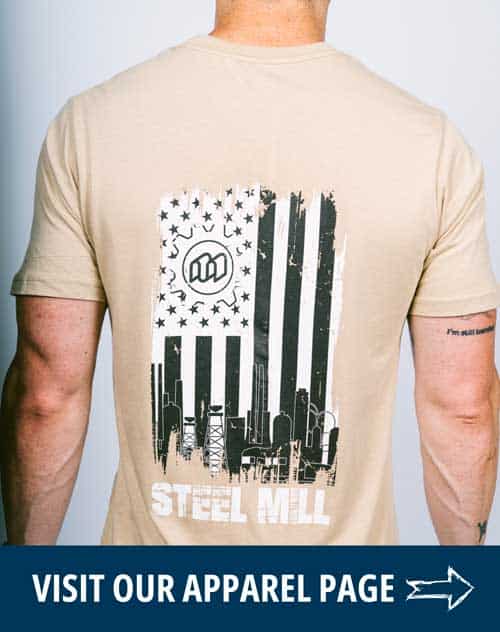As a steel distributor, Mainline Metals is uniquely positioned to address the needs of both its suppliers and customers. With the current economic development in the domestic steel market, it is important to evaluate both points of view regarding the effects of the import tariffs, and how they influence steelmakers and steel buyers alike.
Source: Reuters
A recent Reuters review found that much of the 25% tariffs imposed on foreign steel imports, positioned as a means to bring back jobs to the U.S steel industry, actually went to already-strong steelmakers and enhanced their profits.
More jobs, much more profit
Even as tariffs prompt certain sectors of the industrial marketplace, such as steel mills, to expand, the number of jobs created by the expansion remains minimal. Technological changes to the steelmaking process have proven to transform the entire steelmaking industry by creating labor-saving plants and replacing older blast furnaces with modern, and more efficient, electric arc furnaces. This shift to labor-saving processes has become a major driver for competitiveness in recent years.
Despite this technological shift, the Commerce Department recently stated that the tariffs will help create approximately 3405 jobs, a 2.4% increase industrywide, according to the American Iron and Steel Institute.
However, based on a Reuters review of company documents, nearly 1400 of those jobs were created from projects that were planned well before the introduction of the tariffs, and do not depend on them. Furthermore, some projects, which look to create jobs, may not actually move forward. Republic Steel, for example, is unsure whether it will move forward with restarting idled operations that account for 690 of the jobs expected to be created.
Despite that, the tariffs may provide older and less efficient plants the life line they need in order to remain profitable. U.S. Steel, for example, credits the tariffs for its decision to add 800 jobs by restarting two of its blast furnaces, according to Reuters.
Furthermore, the tariffs have contributed to increased investment in the domestic steel sector by limiting the dumping of artificially low-priced steel on the U.S. market. Nucor Corp., for example, announced last month that it nearly tripled its third-quarter profits to $676.66 million compared to the third quarter of 2017. In an interview to CNBC, Nucor’s CEO, John Ferriola, stated the company was on track to have a very successful year. Nucor’s CEO, however, elaborated that while the tariffs have contributed to the performance of the steel industry, it is the strong economy, higher demand, and stable end-user markets that have been driving Nucor’s performance over the last year.
Cost of Business
Tariff critics argue that the rising profits (and prices) of the steel industry come at a cost. The higher prices of steel mean that its end-users, companies in various different industries, might need to cut numerous jobs for every one job created in steel manufacturing, according to Reuters. For end consumers, the price increase may result in cutbacks over time. Various industries, such as auto manufacturing and construction, are now facing increased costs which force them to reduce costs or not progress with projects.
Tariff advocates, in contrast, argue that these worries are overblown, stating that the manufacturing economy is still strong six months since the tariffs came into effect.
Only time will tell if the tariffs were a positive influence on the U.S market. On one hand, the tariffs have helped bring back production to the steelmaking industry by creating new jobs and increasing profits. On the other hand, even with new jobs in a highly-skilled industry, technological advances still dictate which companies survive over time. It is a matter of time before the older, less efficient factories fall behind those who are using more modern tools to make steel, which might force them back into lowering costs and consolidating operations. To the end-user, all of this might mean higher costs, which negatively affect demand.
As a company, Mainline Metals strives to build strong relationships with both our suppliers and customers and find a mutually positive and profitable solution for all parties. As the market continues to develop, Mainline Metals will continue to monitor and evaluate the changes that occur, so to ensure the success of our customers and suppliers.
← Back To News
